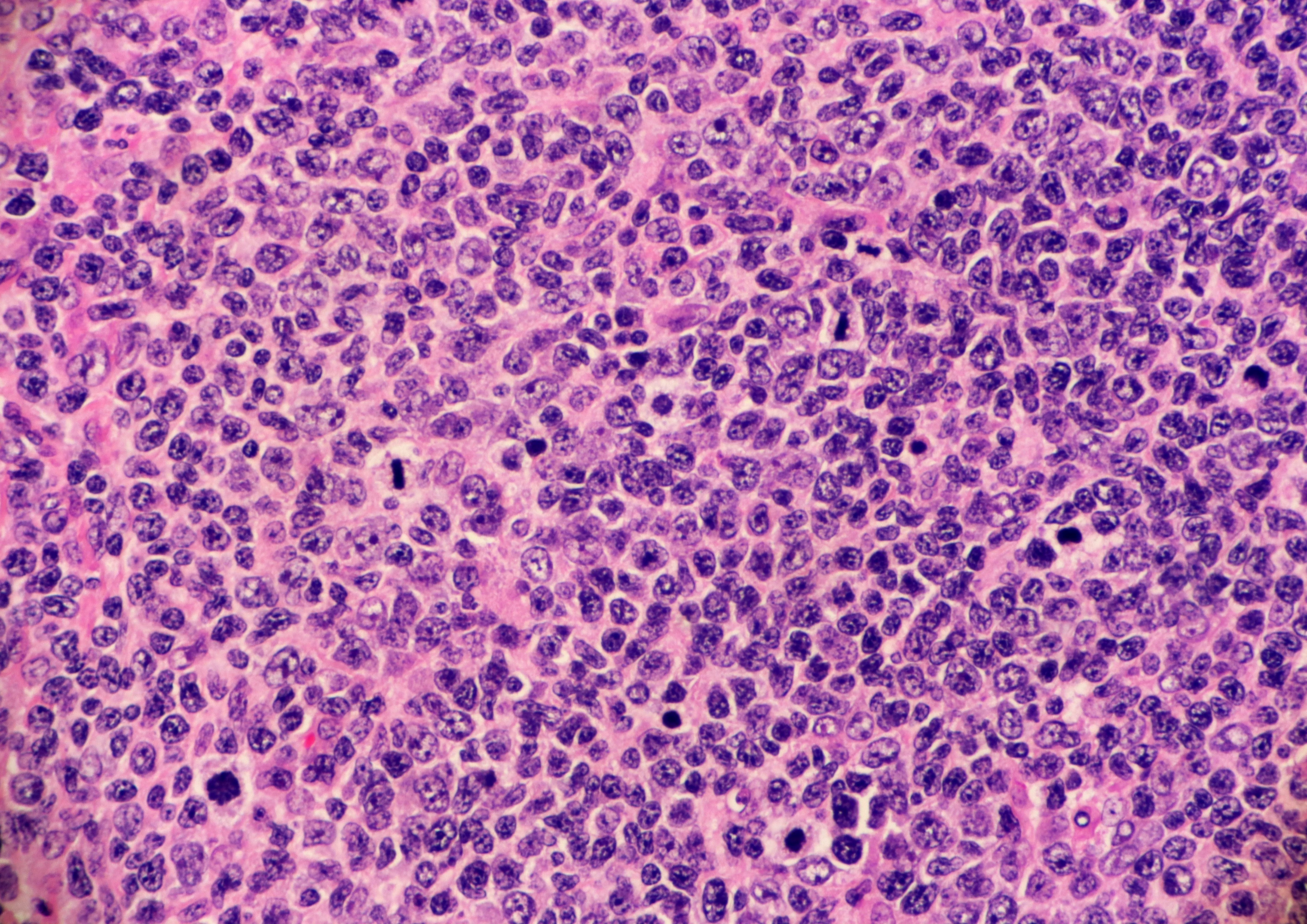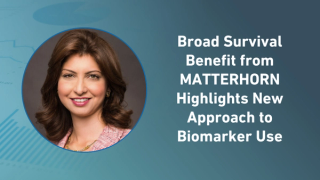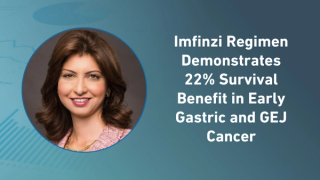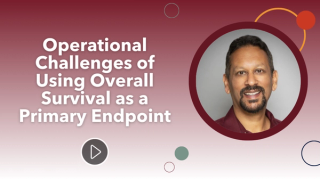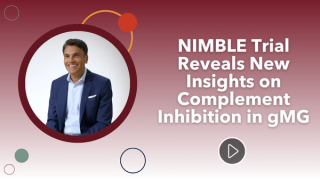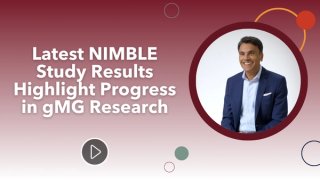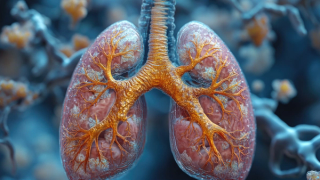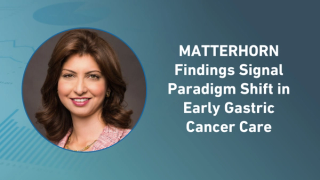
Metrics & Benchmarks
Latest News

Latest Videos

Shorts

More News
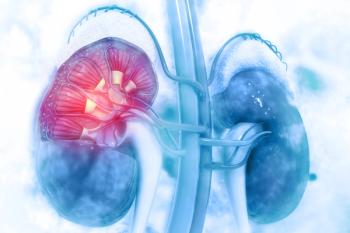
The FDA has granted accelerated approval to Otsuka’s Voyxact for adults with primary IgAN at risk of disease progression, based on Phase III VISIONARY trial results showing a 51% reduction in proteinuria at nine months and a generally well-tolerated safety profile, offering the first targeted APRIL-blocking therapy for this patient population.
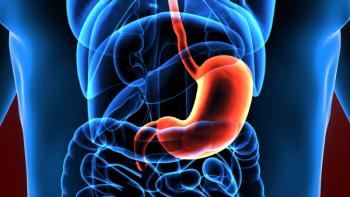
The approval of AstraZeneca’s Imfinzi in combination with perioperative FLOT chemotherapy marks the first immunotherapy regimen for resectable gastric and gastroesophageal junction cancers, delivering a 22% overall survival benefit and establishing a new standard of care.

FDA approval of Itvisma, the first gene replacement therapy for adolescents, teens, and adults with SMA, is backed by Phase III data showing meaningful gains in motor function and a consistent safety profile across previously untreated and previously treated patients.

New 48-week results from the Phase IIIb APEX trial show Tremfya delivers sustained radiographic protection and deeper clinical responses in active psoriatic arthritis, reinforcing its potential as an early, structural-sparing therapy.

Phase III HERIZON-GEA-01 trial results show Ziihera combinations, with or without tislelizumab, significantly improve progression-free and overall survival in patients with HER2-positive advanced gastroesophageal adenocarcinoma, positioning these regimens as potential new first-line standards of care.

New 48-week results from Johnson & Johnson’s Phase IIIb APEX trial show Tremfya delivers durable symptom improvement, slows radiographic progression, and maintains a consistent safety profile in biologic-naïve psoriatic arthritis patients—supporting J&J’s sBLA to expand the therapy’s label.
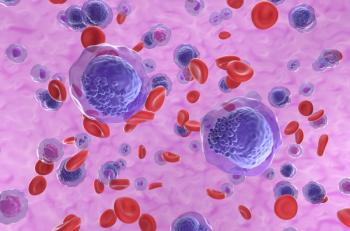
FDA has approved Komzifti (ziftomenib) as the first once-daily, oral menin inhibitor for adults with relapsed or refractory NPM1-mutated AML, supported by Phase II KOMET-001 data showing meaningful remission rates, durable responses, and a manageable safety profile in a population with limited treatment options.
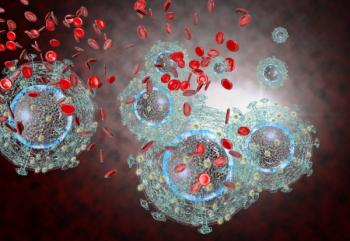
The ARTISTRY-1 Phase III trial demonstrated that a single-tablet regimen of bictegravir 75 mg/lenacapavir 50 mg maintains viral suppression and simplifies therapy for people living with HIV, supporting safer, more convenient treatment options.
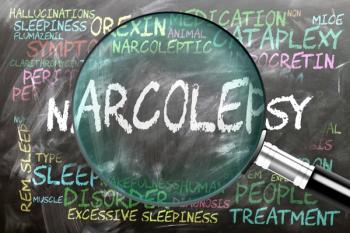
In Vibrance-2, oral alixorexton significantly improved wakefulness and reduced excessive daytime sleepiness with a favorable safety profile, positioning the OX2R agonist for rapid advancement into Phase III trials.
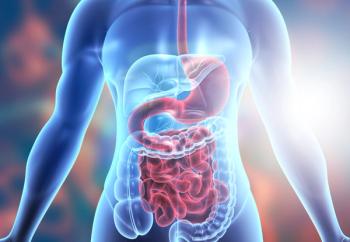
Cogent Biosciences’ combination therapy cut the risk of disease progression or death by 50% compared to sunitinib alone, with a favorable safety profile and plans for FDA submission in early 2026.

Caplyta (lumateperone) demonstrated significant symptom improvement and favorable tolerability as an add-on treatment for adults with major depressive disorder, supported by two pivotal Phase III trials and long-term extension data.

New post hoc and pooled analyses from the OASIS 4 trial presented at ObesityWeek 2025 show that oral semaglutide 25 mg improves glycemic control, cardiovascular risk factors, and weight outcomes across diverse patient populations.

New data from the Phase II study of eloralintide, a once-weekly selective amylin receptor agonist, reveal strong dose-dependent weight loss and a favorable tolerability profile, supporting advancement to Phase III trials.

Kygevvi (doxecitine and doxribtimine) earned FDA approval as the first treatment for thymidine kinase 2 deficiency, supported by data from a Phase II trial and multiple retrospective studies showing marked survival improvement and motor milestone recovery.
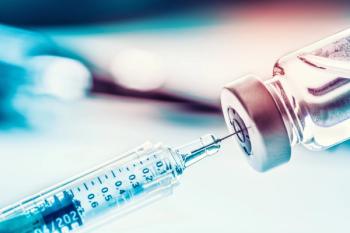
Seven-year results from the global TIDES study show sustained protection, strong safety, and enhanced efficacy with a booster dose, reinforcing Qdenga’s role in dengue prevention amid rising global infection rates.

At AAO 2025, Genentech reported that vamikibart, a first-in-class IL-6–targeted antibody, led to rapid improvements in visual acuity and macular thickness in patients with uveitic macular edema, supporting its potential as a non-steroid treatment option.
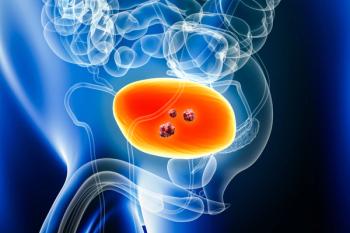
At ESMO 2025, AstraZeneca reported that Imfinzi plus BCG therapy reduced the risk of recurrence or death by 32% in patients with high-risk non-muscle-invasive bladder cancer, marking a potential new standard in early-stage disease.
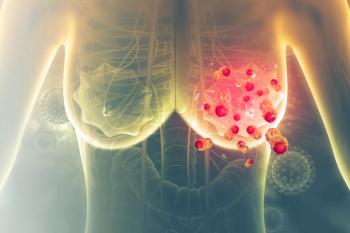
At ESMO 2025, Eli Lilly’s Verzenio and Novartis’ Kisqali both demonstrated durable efficacy in hormone receptor-positive, HER2-negative early breast cancer, with improvements in overall and invasive disease-free survival.

New results from the Phase III MATTERHORN trial show AstraZeneca’s Imfinzi combination reduced the risk of death by 22% versus chemotherapy alone, marking a major advance for patients with resectable gastric and gastroesophageal junction cancers.

Praxis Precision Medicines’ Essential3 program met all primary and key secondary endpoints, with ulixacaltamide showing significant improvements in tremor control and daily functioning in patients with essential tremor.

Eli Lilly’s Orforglipron Shows Superior Efficacy Across Multiple Phase III Trials in Type 2 Diabetes
Eli Lilly’s oral GLP-1 therapy, orforglipron, met all primary and key secondary endpoints in the Phase III ACHIEVE-2 and ACHIEVE-5 studies, showing significant A1C reduction, weight loss, and cardiovascular benefits compared to both dapagliflozin and placebo.

The FDA has approved Eli Lilly’s Inluriyo (imlunestrant), the first oral estrogen receptor antagonist for adults with ER-positive, HER2-negative, ESR1-mutated advanced or metastatic breast cancer, based on Phase III EMBER-3 results showing a 38% reduction in risk of progression or death versus endocrine therapy.

Based on Phase III DESTINY-Breast09 results showing a 44% reduction in risk of progression or death versus standard therapy, AstraZeneca and Daiichi Sankyo’s Enhertu-pertuzumab combination could mark the first major advance in this treatment setting in over a decade.
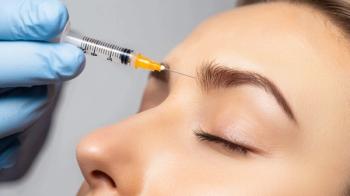
In Stage 1 of the Phase II LANTIC study, Ipsen’s novel recombinant molecule IPN10200 met its primary endpoint with significant improvement at week 4 versus placebo and showed longer duration of effect versus Dysport, with most patients maintaining meaningful response at week 24.

Real-world data from more than 58,000 older adults with type 2 diabetes and cardiovascular disease demonstrate that semaglutide lowers the risk of major adverse cardiovascular events, reinforcing its differentiated profile among GLP-1 receptor agonists.


